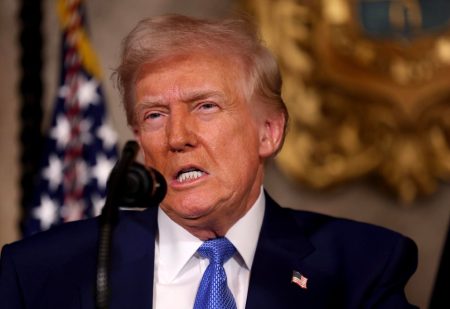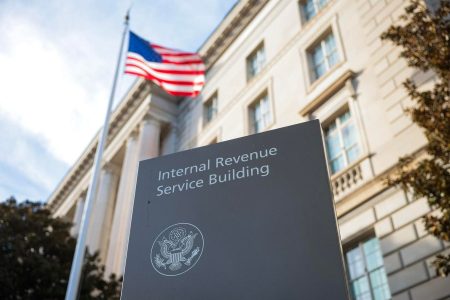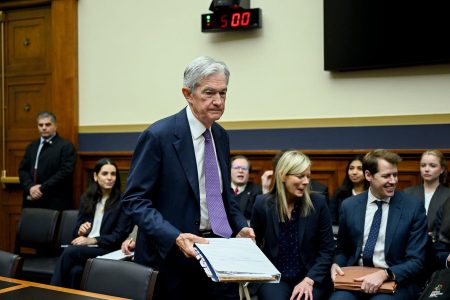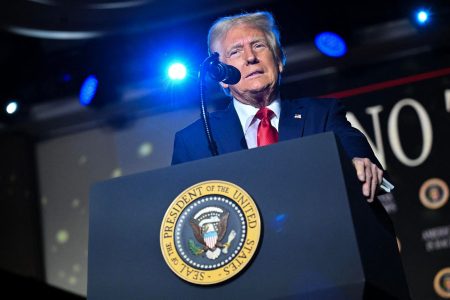Ian Fleming’s James Bond, born from the author’s experiences in wartime intelligence and inspired by a Caribbean ornithologist of the same name, reflects a world grappling with covert operations and emerging geopolitical tensions. Fleming’s early struggles to match his family’s accomplishments found resolution in his intelligence work, particularly his involvement in devising high-risk missions detailed in the “Trout Memo.” These daring, often improbable operations became the bedrock of the Bond novels, which gained immense popularity from 1953 onwards, capturing the public’s imagination with their blend of espionage, adventure, and exotic locales. This fascination extended to literary circles, as evidenced by Kingsley Amis’s “The James Bond Dossier” in 1965, a serious critical analysis that cemented Bond’s place in popular culture.
The Bond films, while often fictionalized accounts of espionage, have presciently touched upon real-world threats and trends, mirroring Fleming’s own focus on disrupting supply chains and exploiting resultant chaos. From “Goldeneye’s” electromagnetic bank heist to “Goldfinger’s” nuclear plot against Fort Knox, the films highlight vulnerabilities in financial systems and the potential for catastrophic attacks. Further installments like “Tomorrow Never Dies” and “Die Another Day” explore the manipulation of media and the weaponization of technology, respectively, foreshadowing contemporary concerns about information warfare and the militarization of space. These narratives, though fantastical, offer a glimpse into the evolving landscape of global threats and the potential consequences of unchecked technological advancements.
The contemporary geopolitical landscape, marked by a burgeoning US-China rivalry, a shadowy conflict between Russia and Europe, and the resurgence of Cold War-era tensions, mirrors the world Fleming depicted in his novels. This new era of great power competition, coupled with the rise of oligarchs and the militarization of space, evokes a sense of déjà vu, reminiscent of the Bond era. The intensifying competition between the US and China, often overlooked by Europeans, is a defining feature of the 21st century, shaping global trade, technology, and military strategy. Concurrently, Russia’s covert operations in Europe, including assassinations, sabotage, and cyberattacks, create a climate of instability and underscore the ongoing threat of hybrid warfare.
The increasing privatization of space exploration, exemplified by Elon Musk’s SpaceX and its Starship program, adds another layer of complexity to the geopolitical landscape. The involvement of private companies in military innovation and procurement, as seen with firms like Shield AI, Helsing AI, and Anduril, signals a shift in the traditional dynamics of defense development. Concepts such as replacing fighter jets with hypersonic rocket-launched drones, while potentially revolutionary, raise ethical questions about autonomous warfare and the potential for unintended consequences. The blurring lines between private enterprise and military capabilities further complicate an already intricate geopolitical environment, echoing Bond’s world of shadowy organizations and clandestine operations.
The decline of Britain’s geopolitical influence, despite retaining a UN Security Council seat, underscores the shifting global power dynamics. The established institutions of the Fleming era are facing challenges, potentially giving way to new regulatory bodies focused on emerging threats. The hypothetical emergence of a World Cyber Police, a World AI Safety Institute, or an authority governing genetic engineering and DNA hacking reflects the growing need for international cooperation in addressing the complex challenges of the 21st century. These potential future institutions, reminiscent of the shadowy organizations that populate Bond’s world, highlight the evolving nature of global governance and the need to adapt to rapidly changing technological and geopolitical realities.
The hiatus in the Bond film franchise, while awaiting a new actor to embody the iconic spy, provides an opportunity to reflect on the character’s enduring relevance. In a world increasingly defined by trade wars, cyber conflicts, and the weaponization of emerging technologies, a Bond film titled “No Time for Tariffs” could capture the spirit of the current geopolitical climate. Such a title would encapsulate the complex interplay of economic competition, technological disruption, and international intrigue that characterizes the modern world, themes that resonate with the enduring legacy of James Bond. The franchise’s ability to adapt and reflect the evolving global landscape ensures its continued relevance and appeal to audiences captivated by the world of espionage and international affairs.










